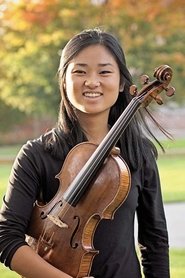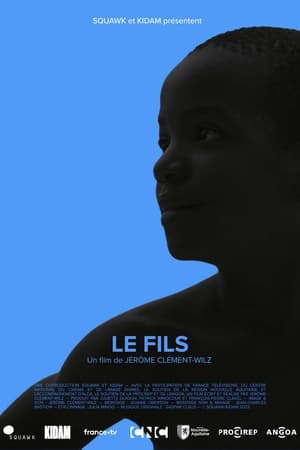
Meet Me On The Bridge(2017)
Kati Pohler was abandoned in a market in China when she was three days old. Her parents left a note saying they would meet her on a famous bridge 10 or 20 years later. When the time arrived, it became a huge story in China, but Kati was living in America and had no idea. This is how she finally met her biological family.
Movie: Meet Me On The Bridge
Top 2 Billed Cast
Narrator (voice)
Video Trailer Meet Me On The Bridge
Video: Meet me on the bridge: Discovering the truth about my parents after 20 years (FULL FILM) BBC Stories
Similar Movies
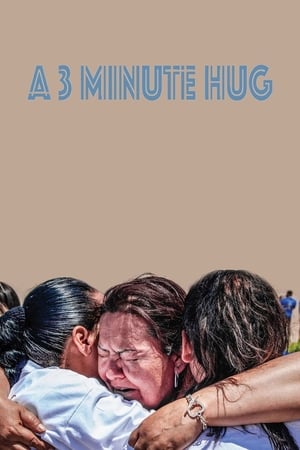 6.5
6.5A 3 Minute Hug(es)
As daylight breaks between the border cities of El Paso, Texas, and Juarez, Mexico, undocumented migrants and their relatives, divided by a wall, prepare to participate in an activist event. For three minutes, they’ll embrace in no man’s land for the briefest and sweetest of reunions.
 6.7
6.7Wonder Boy(fr)
At age 25, Olivier Rousteing was named the creative director of the French luxury fashion house, Balmain. At the time, Rousteing was a relatively unknown designer, but in the decade since, he’s proven his business prowess and artistic instinct by leading Balmain to new heights. Wonderboy gives the viewer the rare opportunity to experience the inner sanctum of the fashion world, as we stand shoulder-to-shoulder with this extraordinary individual while he works.
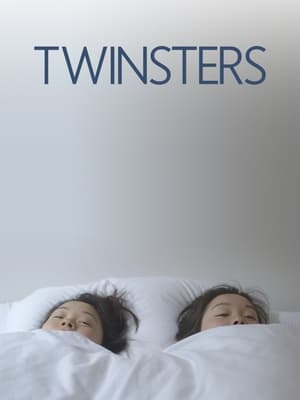 7.3
7.3Twinsters(en)
Adopted from South Korea, raised on different continents & connected through social media, Samantha & Anaïs believe that they are twin sisters separated at birth.
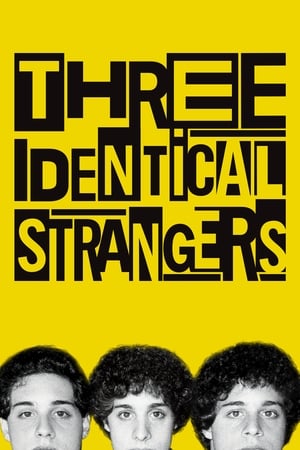 7.3
7.3Three Identical Strangers(en)
New York, 1980. Three complete strangers accidentally discover that they're identical triplets, separated at birth. The 19-year-olds' joyous reunion catapults them to international fame, but also unlocks an extraordinary and disturbing secret that goes beyond their own lives – and could transform our understanding of human nature forever.
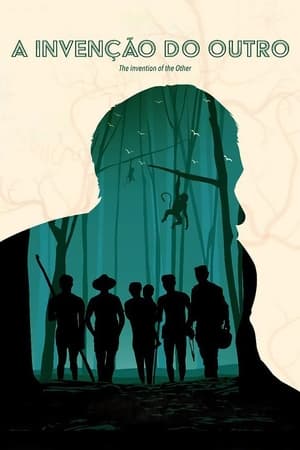 8.0
8.0The Invention of the Other(pt)
In 2019, the Brazilian government coordinates the largest and riskiest expedition of the last decades into the Amazon rainforest to search for a group of isolated indigenous people in vulnerability and promote their first contact with non-indigenous. Bruno Pereira, who would later be murdered in the same region and turned into an international symbol in favor of the indigenous and the forest, leads the expedition.
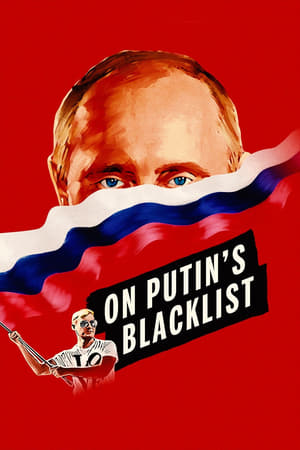 1.0
1.0On Putin's Blacklist(en)
Traces the new Cold War between Russia and the West from the ban on American citizens adopting Russian children to the Kremlin’s anti-LGBTQ campaign, which positions the international marriage equality movement as a national threat.
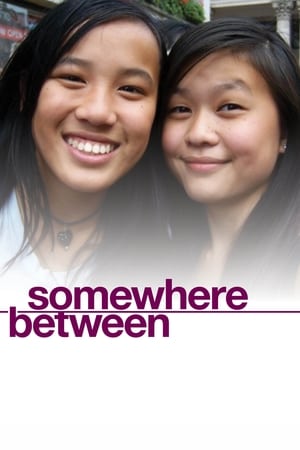 7.4
7.4Somewhere Between(en)
Questions of race, identity and heritage are explored through the lives of young American women growing up as adoptees from China. These four distinct individuals reflect on their experiences as members of transracial families.
Life Happens(en)
Life Happens deals with the topic of abortion in a unique, personal and ultimately uplifting way. Director Ash Greyson, who was nearly aborted just months before the Roe vs Wade decision, sets out on a journey to find others like him. In the process he uncovers the divisive issues, eventually finds some common ground, and seals it all up with compelling first person stories from mothers and children who narrowly escaped abortion. While pulling no punches, he skillfully replaces rhetoric and religion with hope and heart in what may be the most approachable film ever created on the topic.
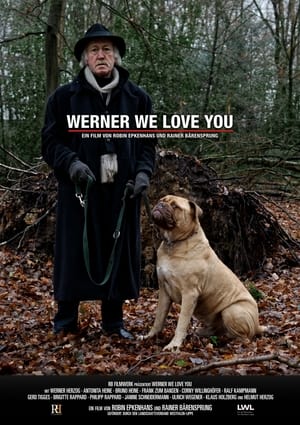 8.5
8.5Werner We Love You(de)
When Werner Herzog was still a child, his father was beaten to death before his eyes. His mother was overwhelmed with his upbringing and thereupon shipped him off to one of the toughest youth welfare institutions in Freistatt. This was followed by a career as a bouncer in the city's most notorious music club and an attempt to start a family. Today, the 77-year-old from Bielefeld lives with his dog Lucky in a lonely house in the country. Despite adverse living conditions, he has survived in his own unique and inimitable way.
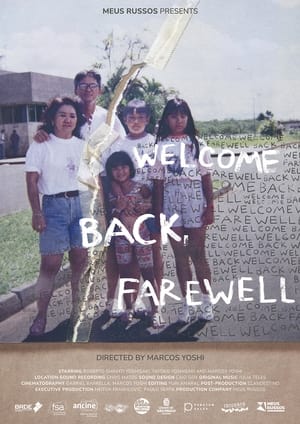 0.0
0.0Welcome Back, Farewell(pt)
Parents and children are reunited after 13 years apart. This is the starting point of the film, which follows the process of affective reconstruction of director Marcos Yoshi's family, crossed by the flow of migrations between Brazil and Japan, known as the dekassegui phenomenon. The story of a family of Japanese descent torn between the need to make a living and the desire to stay together.
 8.3
8.3Twin Sisters(no)
In 2003, the infant Chinese twin sisters Mia and Alexandra were found in a cardboard box. They ended up in an orphanage and were put up for adoption, at which time the authorities apparently decided that it was a good idea to separate them, and to keep silent about the fact that they were twins. Twin Sisters tells their story from the perspective of both sets of adoptive parents: one from Sacramento, California, the other from a tiny village in picturesque Norway. Through a series of coincidences that they later attribute to fate, the parents meet each other during the adoption procedure in China and launch an investigation that reveals the little girls are sisters.
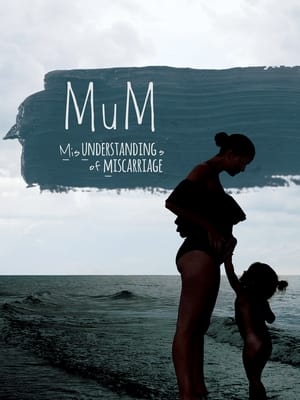 10.0
10.0MUM Misunderstandings of Miscarriage(en)
At age 31, after experiencing her second miscarriage, Tahyna MacManus was devastated, lost, angry and, despite those around her, felt terribly alone. She picked up a camera and started to record her story and in doing so found her tribe. Resilient, courageous women speaking of their sadness, their shame and their guilt while still holding onto hope. Tahyna discovers that 1 in 4 Australian women experience miscarriage so why aren’t we talking about it? In this highly intimate journey, Tahyna is on a mission to lift the lid on all that shame, provide some answers and make sure that women no longer walk this path alone. But first, she has to face her own fears.
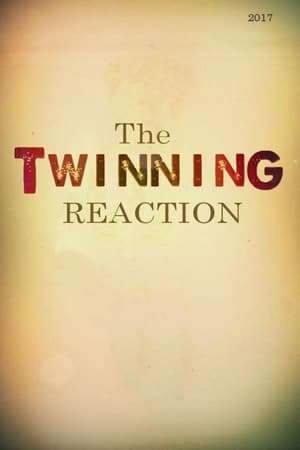 8.0
8.0The Twinning Reaction(en)
An astounding exposé that gives voice to the unwitting subjects of an infamous American scientific experiment: the 1960s Neubauer-Bernard study of separated twins. Told from the perspective of the Jewish identical twins and triplets who were secretly split up in infancy and adopted through Louise Wise Services, a Jewish adoption agency, the documentary examines the traumatic, long-term effects of the separations — and continuing deception — on the children and their adoptive families.
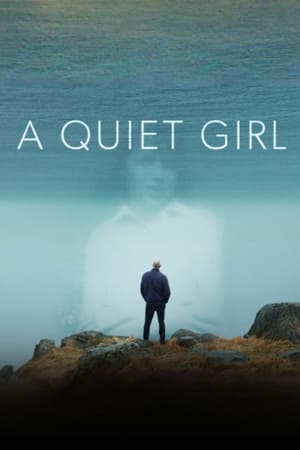 0.0
0.0A Quiet Girl(en)
Adopted Montreal filmmaker Adrian Wills discovers, on camera and in real time, the startling truths of his complex beginnings in Newfoundland. Shocking details drive Wills to the core of his birth mother’s resilience, and ultimately his own. In this moving feature documentary that combines 16mm footage and contemporary images with deeply personal conversations, Wills’ voyage transforms from an urgent search for identity into a quest to give a quiet girl her voice.
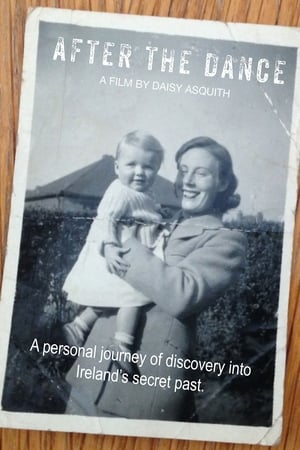 0.0
0.0After the Dance(en)
In this funny and moving documentary, acclaimed film-maker Daisy Asquith tells the very personal story of her mother's conception after a dance in the 1940s on the remote west coast of Ireland. By exploring the repercussions of this act, Daisy and her mother embark on a fascinating and emotional adventure in social and sexual morality. Her grandmother, compelled to run away to have her baby in secret, handed the child over to 'the nuns'. Daisy's mum was eventually adopted by English Catholics from Stoke-on-Trent. Her grandmother returned to Ireland and told no-one. The father remained a mystery for another 60 years, until Daisy and her mum decided it was time to find out who he was. Their attempts to find the truth make raw the fear and shame that Catholicism has wrought on the Irish psyche for centuries. It leads Daisy and her mum to connect with a brand new family living an extraordinarily different life.
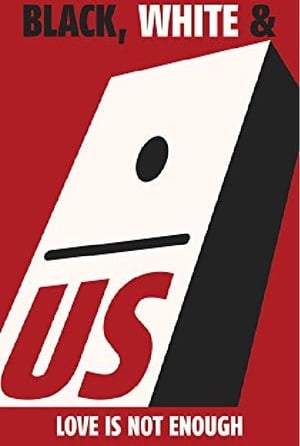 0.0
0.0Black, White & Us(en)
Explores racism in America through the lives of four white families who adopt African American children and must overcome their own inherent biases to become advocates. Is there a way to fix our country's racial divide? These transracial adoptive families just might provide the answer.
 0.0
0.0De Chinese keizerin(nl)
Despite the warm images in the family archive, photographer and filmmaker Jonnah misses an intimate bond with her (adoptive) parents. Over the years, a wall has been built between them that Jonnah is now trying to break down with her parents.
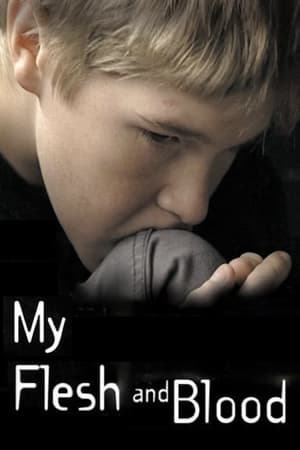 8.1
8.1My Flesh and Blood(en)
My Flesh and Blood is a 2003 documentary film by Jonathan Karsh chronicling a year in the life of the Tom family. The Tom family is notable as the mother, Susan, adopted eleven children, most of whom had serious disabilities or diseases. The film itself is notable for handling the sensitive subject matter in an unsentimental way that is more uplifting than one might expect.
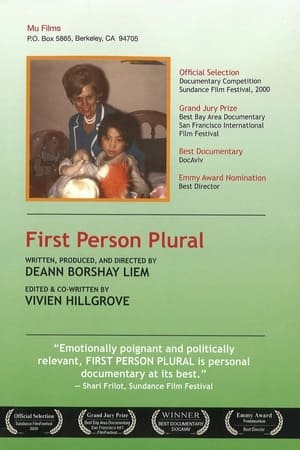 6.5
6.5First Person Plural(en)
In 1966, Deann Borshay Liem was adopted by an American family and sent from Korea to her new home in California. There, the memory of her birth family was nearly obliterated, until recurring dreams led her to investigate her own past, and she discovered that her Korean mother was very much alive. Bravely uniting her biological and adoptive families, Borshay Liem embarks on a heartfelt journey in this acclaimed film that first premiered on POV in 2000. First Person Plural is a poignant essay on family, loss and the reconciling of two identities.

